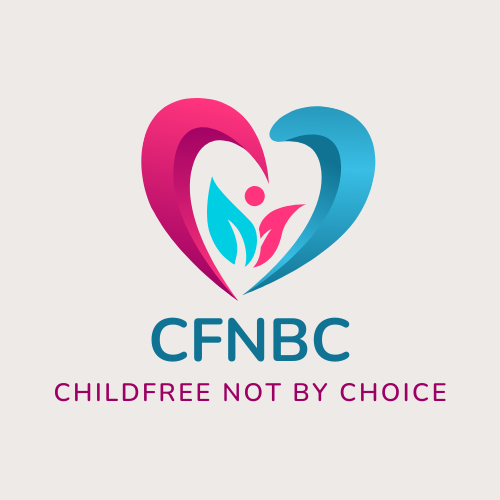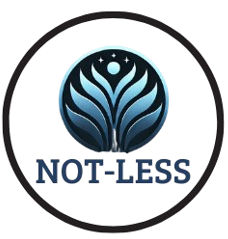
The word childless carries a heavy, painful weight—one that suggests something is missing, that a woman without children is defined by what she lacks rather than who she is. But for those of us who are Childfree Not by Choice (CFNBC)—who have faced infertility, adoption heartbreak, or other failed paths to parenthood—this word fails us. It erases the struggle, the hope, and the loss.
That’s why CFNBC matters. It acknowledges our reality with clarity and respect. It tells the world: We didn’t choose this, but here we are—whole, valid, and still worthy.
Why “Childless” Is the Wrong Word
The word childless feels incomplete, like a label that reduces a person to what they don’t have. It makes it sound as if our lives are lacking, as if we’re missing a crucial part of being a woman. But the reality is, many of us didn’t “fail” at motherhood—we were failed by circumstances beyond our control.
For those who tried everything—IVF, surrogacy, fostering, adoption—the term childless doesn’t tell the whole story. It ignores the years spent hoping, trying, and grieving. And it certainly doesn’t capture the resilience it takes to move forward after letting go of the dream of parenthood.
This experience is shared by thousands of women worldwide. As one woman shared in her personal essay on Business Insider, the journey of trying for a child and facing repeated heartbreak is one that is rarely acknowledged, yet profoundly life-changing. While I don’t agree with the term childless, her point is taken—there is no single word that can perfectly capture every person’s experience. The language we use is deeply personal, and for many, CFNBC resonates because it acknowledges both the effort and the loss without defining us by what we don’t have.
If this resonates with you, I’ve shared more about my own journey, the emotional highs and lows, and what it means to redefine life beyond motherhood in my personal reflections here.
Why CFNBC Is More Inclusive and Accurate
The term Childfree Not By Choice is powerful because it does something childless never could: it tells the truth.
- It acknowledges effort. CFNBC makes it clear that parenthood was pursued but didn’t happen, whether due to infertility, medical conditions, relationship circumstances, or systemic barriers in adoption and fostering.
- It challenges stigma. Society often assumes that a woman without children either didn’t want them or didn’t try hard enough. CFNBC fights back against that assumption.
- It offers community. Many of us felt isolated when we stopped trying to have children. The term CFNBC helps us find others who have walked the same path, creating space for understanding and support.
Challenging the Stigma: We Are Not “Less”
Women without children—especially those who are CFNBC—face an unspoken but deeply ingrained stigma. We see it in conversations that revolve around parenting, in the way people pity us, or in the awkward silences when we say we don’t have kids.
But here’s the truth: our worth is not defined by our ability to reproduce.
We contribute to the world in countless ways—through careers, friendships, mentoring, creativity, and love. Our lives are full, rich, and meaningful, even if they don’t include biological children. It’s time for the world to stop seeing us as “less” and start recognizing us as whole.
How We Move Forward
If you are CFNBC, know this: You are not alone. There is an entire community of women who understand, who have lived through this, and who are redefining what it means to have a fulfilling life beyond motherhood.
If you know someone who is CFNBC, be mindful of the words you use. Instead of assuming they’re “childless” and lacking, recognize that they may have fought a long and painful battle. Ask them how they define their journey, and respect that language.
Words matter. And for those of us who are Childfree Not By Choice, this shift in language isn’t just semantics—it’s validation, recognition, and a step toward breaking the silence around an experience so many endure in isolation.

